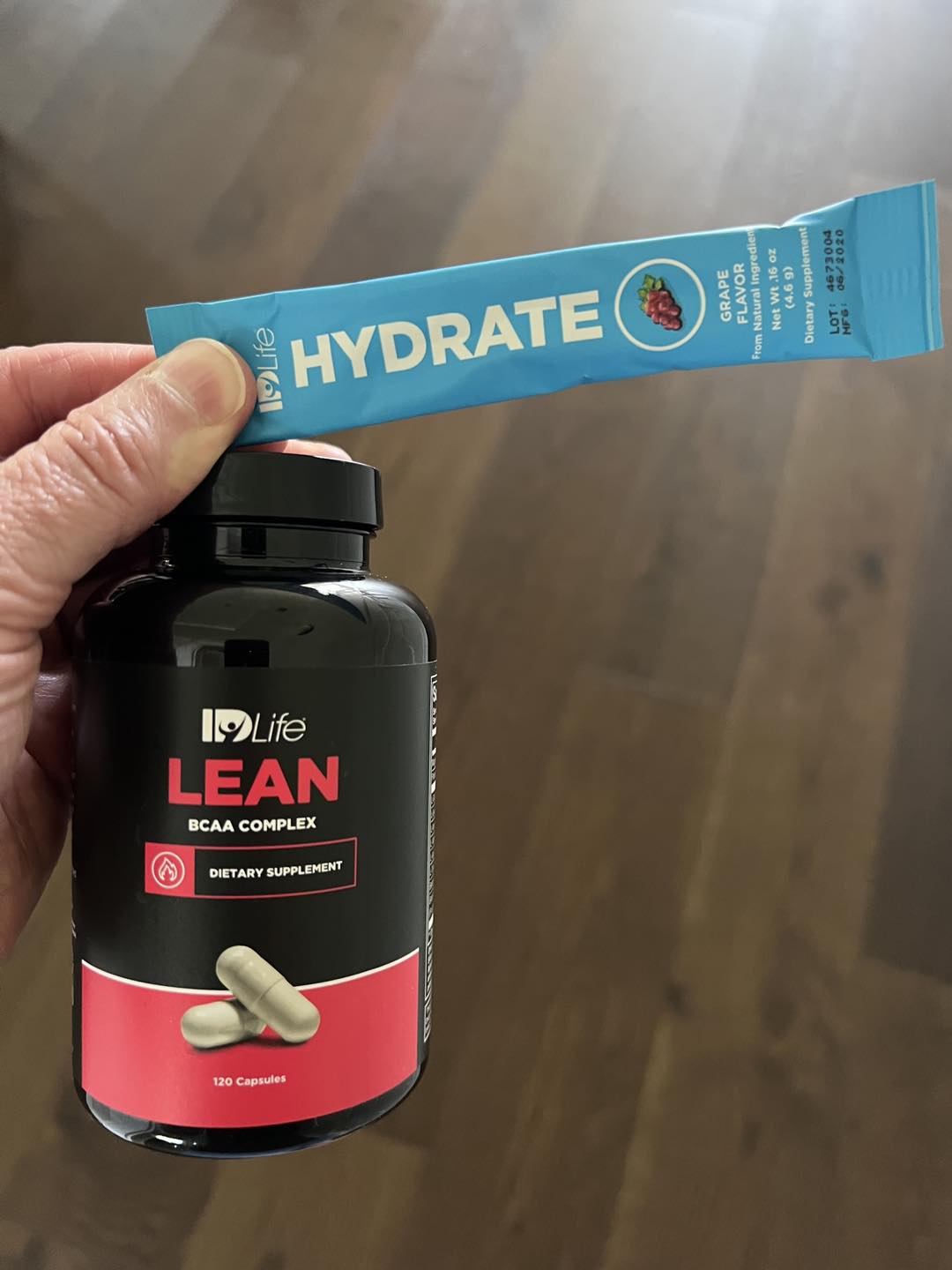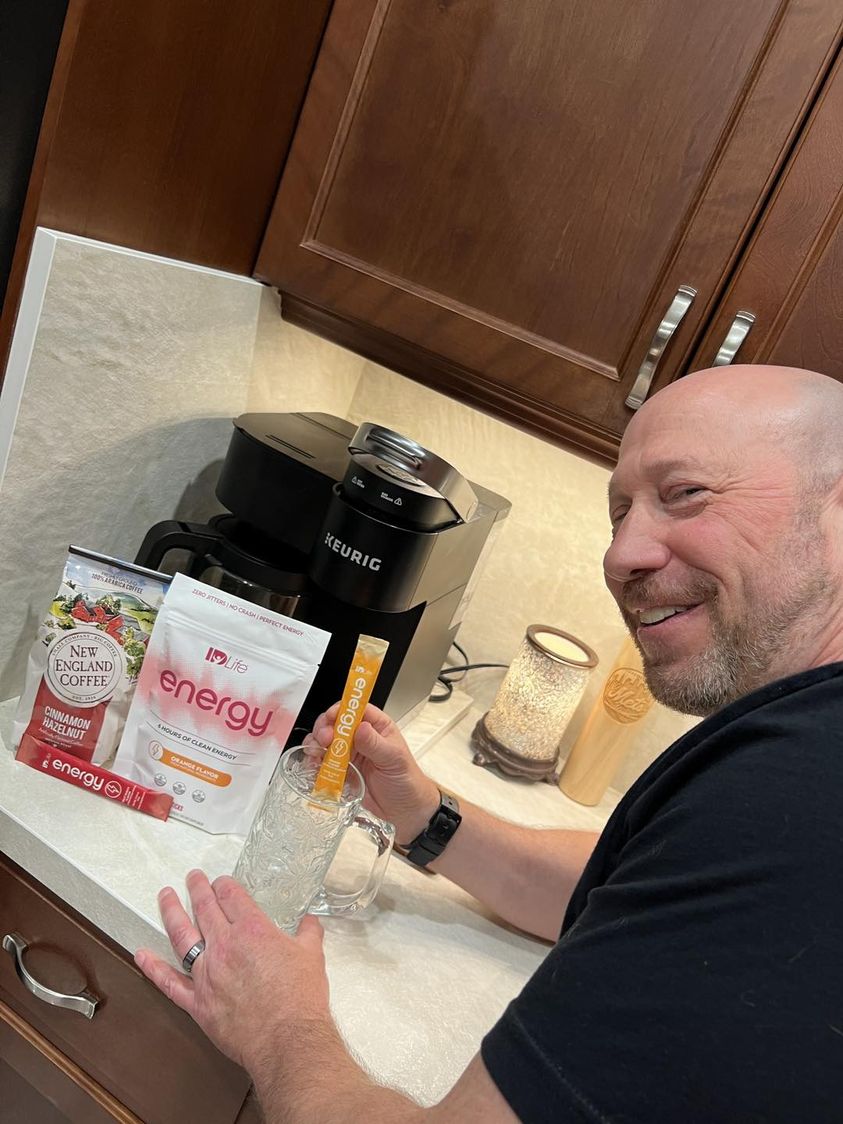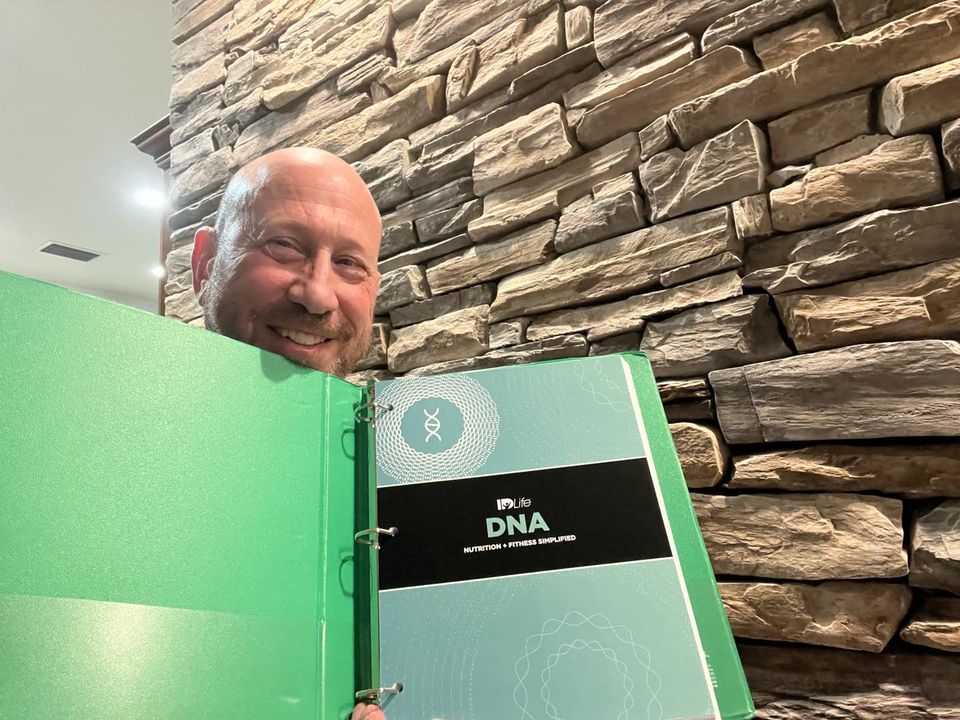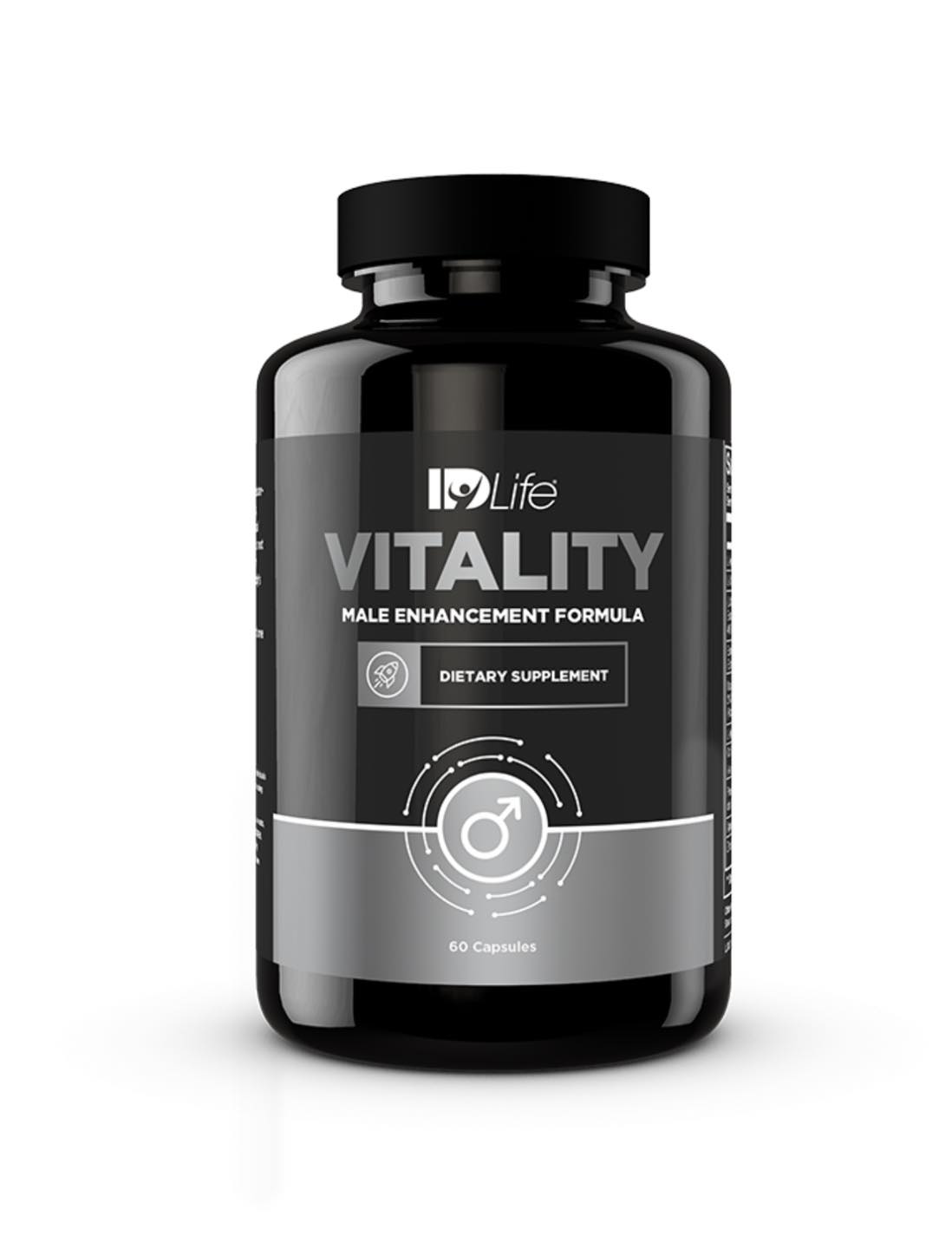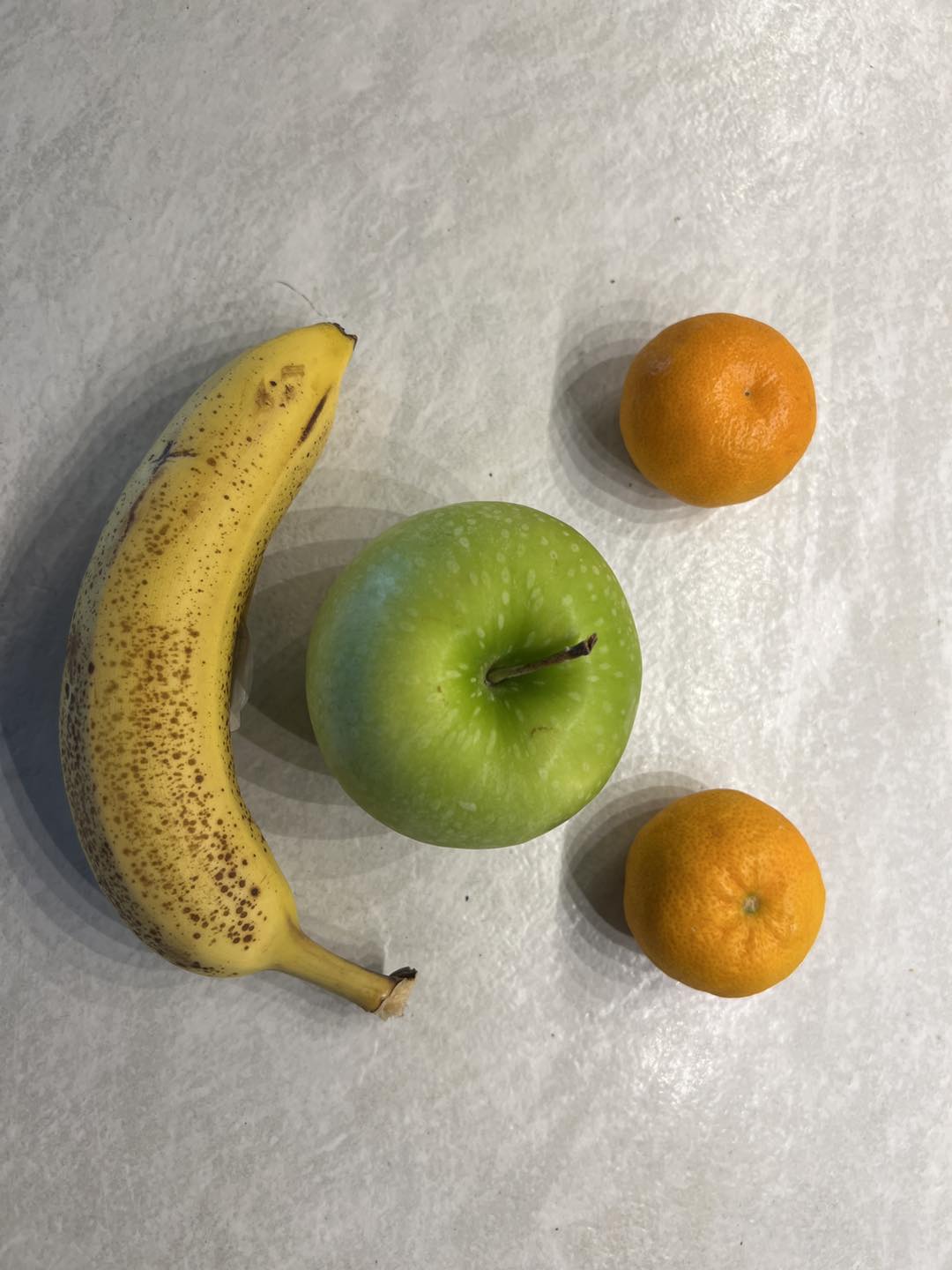Optimizing Pre-Workout Nutrition: Fueling Your Body for Best Performance
What should I eat before I workout? This is another popular question from patients on a regular basis. Often patients say they can’t eat before working out. I believe this is more of a timing issue and what they eat. For those with truly sensitive stomachs, eating one hour prior is probably best. That will allow for most of the food ingested to be passed beyond the anatomical spot that will make you feel “weighted down” or even develop nausea. Fueling yourself before a workout will provide you with the necessary nutrients and energy to help you perform best. Carbohydrates that are COMPLEX can really help prevent the crash. However, I’m a stickler here because the last thing I want to do is carb load. A simple piece of fruit( I prefer a small banana) should prevent my body from sending my blood sugar high and allows my body some fuel so I dont use the muscle I’m trying to create, to break down for energy. I also advise some protein prior to a workout for the same reason. This can be done with chicken or eggs for example. I, however prefer to use a product called LEAN which contains BCAA’s(branched chain amino acids). Each one of these capsules is the equivalent to 1oz of chicken. LEAN helps promote muscle growth, cuts down on carb cravings and promotes thermogenesis( fat burning).
Equally important to nutrition with regards to your workout, is HYDRATION. Preloading, drinking water throughout your workout , and after can make all the difference. If you are weight training primarily there is argument about electrolyte replacement. I personally find that using HYDRATE really helps prevent fatigue during my workout and allows me to recover quicker. There is no added sugar to HYDRATE and the electrolyte balance is a perfect 1:1:1:1 ratio of sodium, potassium, magnesium and calcium. There are antioxidants and Vitamin B1, B2, and C added. There are no artificial colors or flavors added and it contains coconut powder.
So, appropriate pre workout nutrition and hydration are important in helping you achieve your wellness goals. However, since not everyone will respond the same, its important you use the above principles to determine what will work best for you.

